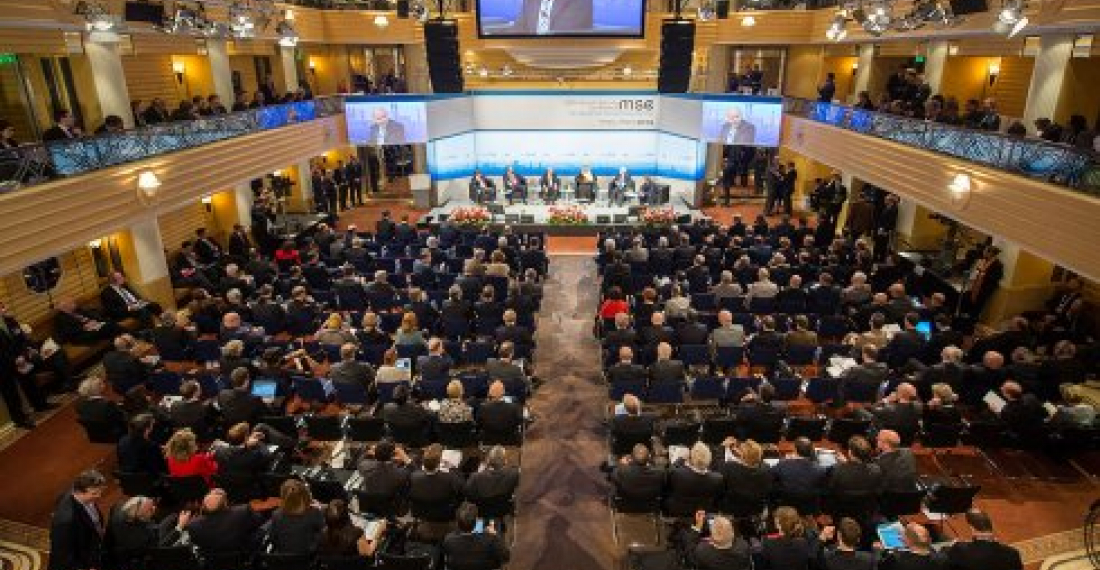Diplomats hope that meetings in Munich and Moscow over the next days will lead to a resumption of negotiations
The conflict over Nagorno-Karabakh continues to cause concern in internatiuonal diplomatic circles. After several weeks of tension on the line of contact, during which both sides suffered casualties, and despite increased vitriolic rhetoric being used by both sides, it is now once more the turn of diplomacy.
The Foreign Ministers of Armenia and Azerbaijan are both expected to attend the Munich Security Conference on 17-19 February, and the co-Chair of the OSCE Minsk process, diplomats representing France, Russia and the United States, hope that they can also organise a meeting between the two Ministers immediately after.
After Munich, both Ministers are also expected to travel to Moscow for meetings with the Russian Foreign Minister, Sergei Lavrov, as Russia continues pursuing a complimentary but parrallel process. Separate meetings are scheduled for the moment, but the possibility of a tripartite meeting is not being excluded.
There are only very modest expectations from both sets of meetings. Both sides accuse each other of failing to honour committments made in previous meetings.
source; commonspace.eu
photo: A previous meeting of the Munich Security Conference (archive picture)






